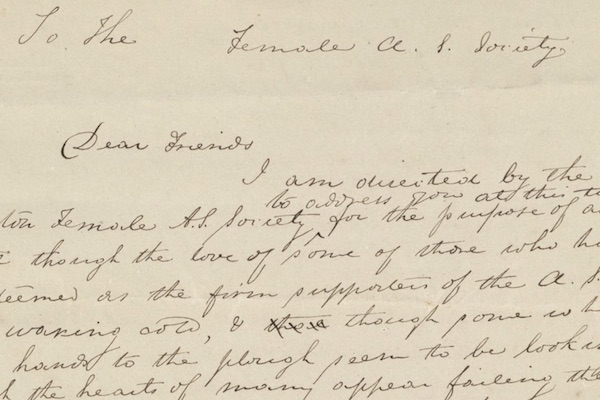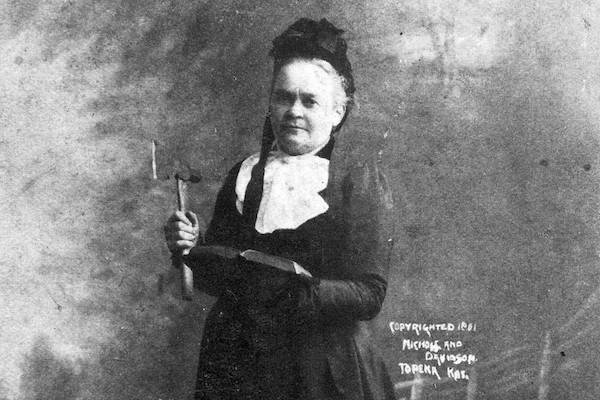The Black Power Movement of the 1960s and 1970s was a political and social movement whose advocates believed in racial pride, self-sufficiency, and equality for all people of Black and African descent. Credited with first articulating “Black Power” in 1966, Student Nonviolent Coordinating Committee leader Stokely Carmichael represented a generation of black activists who participated in both Civil Rights and the Black Power movements. By the mid 1960s, many of them no longer saw nonviolent protests as a viable means of combatting racism. New organizations, such as the Black Panther Party, the Black Women’s United Front, and the Nation of Islam, developed new cultural, political, and economic programs and grew memberships that reflected this shift. Desegregation was insufficient—only through the deconstruction of white power structures could a space be made for a black political voice to give rise to collective black power. Because of these beliefs, the movement is often represented as violent, anti-white, and anti-law enforcement. This primary source set addresses these representations through artifacts from the era, such as sermons, photographs, drawings, FBI investigations, and political manifestos.
 An excerpt from the agenda for the Black Power Forum, the University of North Carolina at Greensboro, 1967.
An excerpt from the agenda for the Black Power Forum, the University of North Carolina at Greensboro, 1967. A photograph of participants at the Black Power Forum, University of North Carolina at Greensboro, 1967.
A photograph of participants at the Black Power Forum, University of North Carolina at Greensboro, 1967. A 1969 sermon by Robert Hamill entitled "Black Power and White Response."
A 1969 sermon by Robert Hamill entitled "Black Power and White Response." A drawing of a black man and woman, the man wearing a shirt with a Black Power fist, circa 1970-76.
A drawing of a black man and woman, the man wearing a shirt with a Black Power fist, circa 1970-76. A photograph of a young man pointing to a blackboard which says "black is back," circa 1970-76.
A photograph of a young man pointing to a blackboard which says "black is back," circa 1970-76. An excerpt from the Federal Bureau of Investigation’s report on the Winston-Salem chapter of the Black Panther Party, circa 1969-76.
An excerpt from the Federal Bureau of Investigation’s report on the Winston-Salem chapter of the Black Panther Party, circa 1969-76. A copy of the Black Panther Party Platform and Program, 1966.
A copy of the Black Panther Party Platform and Program, 1966.- A clip of a television news conference with the Black Panther Party’s Huey Newton, 1971.
 The Black Panther Manifesto by Eldridge Cleaver, 1970.
The Black Panther Manifesto by Eldridge Cleaver, 1970. An excerpt from the Federal Bureau of Investigation’s report on Malcolm X, circa 1950-65.
An excerpt from the Federal Bureau of Investigation’s report on Malcolm X, circa 1950-65. A photograph of Malcolm X and other pallbearers carrying the casket at the funeral of Ronald Stokes, April 30, 1962.
A photograph of Malcolm X and other pallbearers carrying the casket at the funeral of Ronald Stokes, April 30, 1962. A handwritten statement submitted by defendant Bobby Seale, the co-founder of the Black Panther Party, in 1969.
A handwritten statement submitted by defendant Bobby Seale, the co-founder of the Black Panther Party, in 1969. An excerpt from the transcript of a 1988 interview with Stokely Carmichael, proponent of the Black Power Movement.
An excerpt from the transcript of a 1988 interview with Stokely Carmichael, proponent of the Black Power Movement. A typescript of Amiri Baraka’s essay “Marxism and the Black Community.”
A typescript of Amiri Baraka’s essay “Marxism and the Black Community.”














































